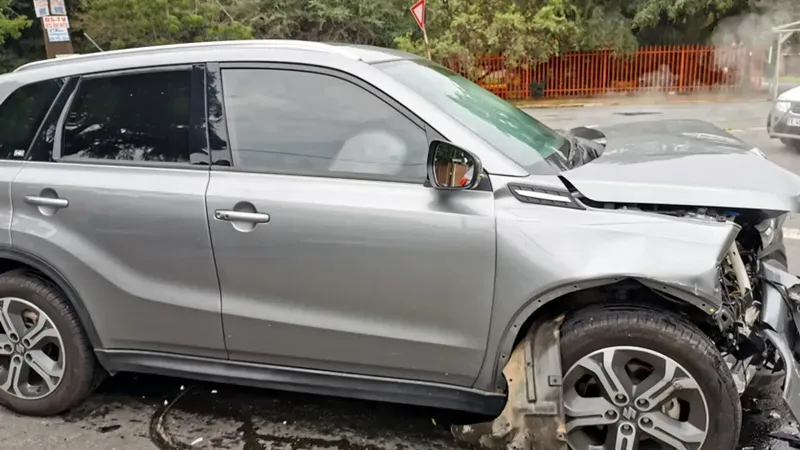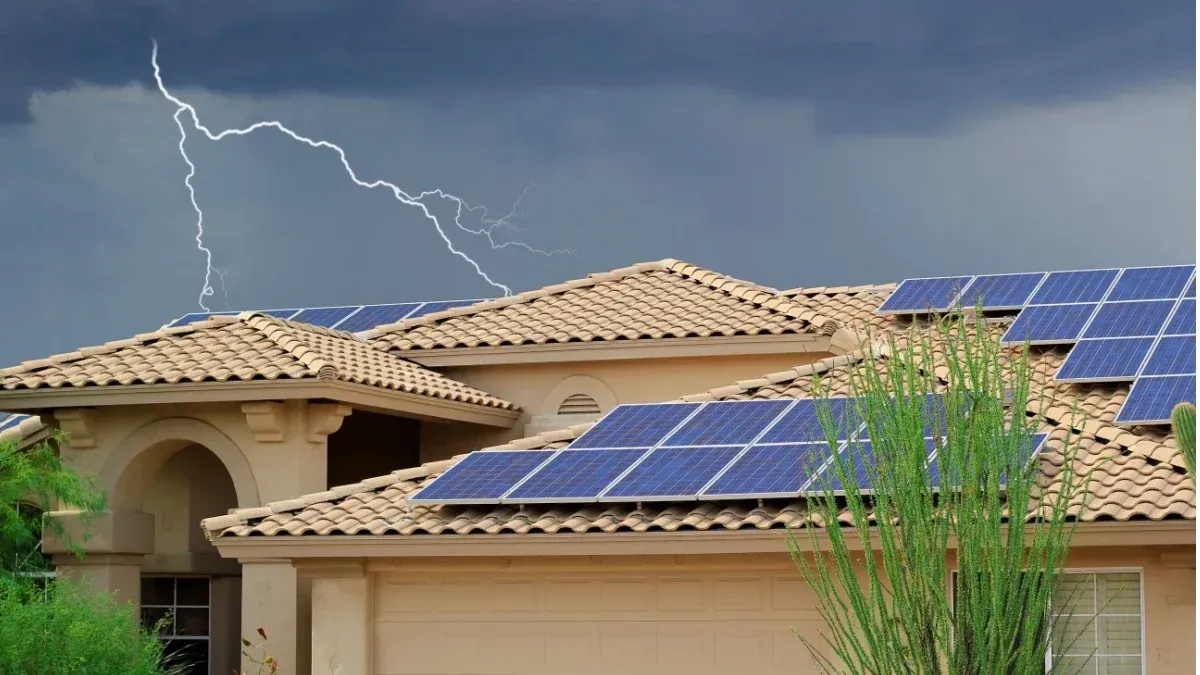Criminals are now going after solar panels in South Africa
A new trend is emerging where criminals are targeting solar panels in South Africa as more homeowners purchase alternative power supplies, says private security group Fidelity ADT.
“Over the past few weeks, we have received reports of solar panels being stolen from properties, typically during the day while homeowners are at work,” it said.
Fidelity ADT said that criminals are continuously shifting and altering their patterns of behaviour, making it increasingly important for homeowners to keep up with security trends.
South African households have imported over R5 billion worth of home solar equipment in the last year, as many seek ways to get away from Eskom and prolonged levels of load shedding.
According to President Cyril Ramaphosa, rooftop solar panels on houses and businesses are going to be a major new source of energy generation in the country, and the government is now working on ways to “unleash” this potential at scale.
The president said that the national government is currently looking at methods of incentivising greater uptake of rooftop solar such as developing a pricing structure for feeding excess power back into the grid, or providing tax breaks and other incentives to speed up the rollout.
Finance minister Encoh Godognwana is expected to provide further details on some of these initiatives during his budget speech this week (22 February).
The renewed interest in solar by homeowners across the country has, however, led to criminals seeking to take advantage, Fidelity ADT said.
“To stay one step ahead of opportunistic criminals, it is important to make your home less of a target by making it as hard as possible for criminals to successfully carry out their plans on your property,” it said.
The group provided the following tips to best keep your home safe:
- Ensure that your yard is well-lit at all times.
- Always have barrier security installed (electric fence, beams, sensor lights, burglar bars and interior detection).
- Lock tools and garden equipment away. Don’t let your stepladder be the means by which criminals get onto your balcony or roof.
- Never leave your wheelie bin out overnight, as criminals not only use these to climb on, but they also use them to transport stolen goods.
- Cut away excess shrubs and bushes, as this serves as a good hiding spot for criminals.
- Always keep your alarm armed. Make use of the different features your alarm offers (i.e. Stay mode, Sleep mode, Away mode).
- Join your local neighbourhood watch and street WhatsApp groups.
- Having visible armed response signage can also serve as a deterrent.
- Installing quality CCTV cameras around your premises will help SAPS with investigations and will also deter opportunistic criminals.
- It is also vital that all incidents are reported timeously to the police so that they can be logged as crime statistics.
“Crime statistics help the police strategise and allocate the appropriate resources to suburbs, in conjunction with private security companies and other stakeholders, to protect lives by better managing crime, curbing trends and equipping the justice system,” the group said.

Want more information?
Quick Links
Latest news

Glenwood Brokers (Pty) Ltd


